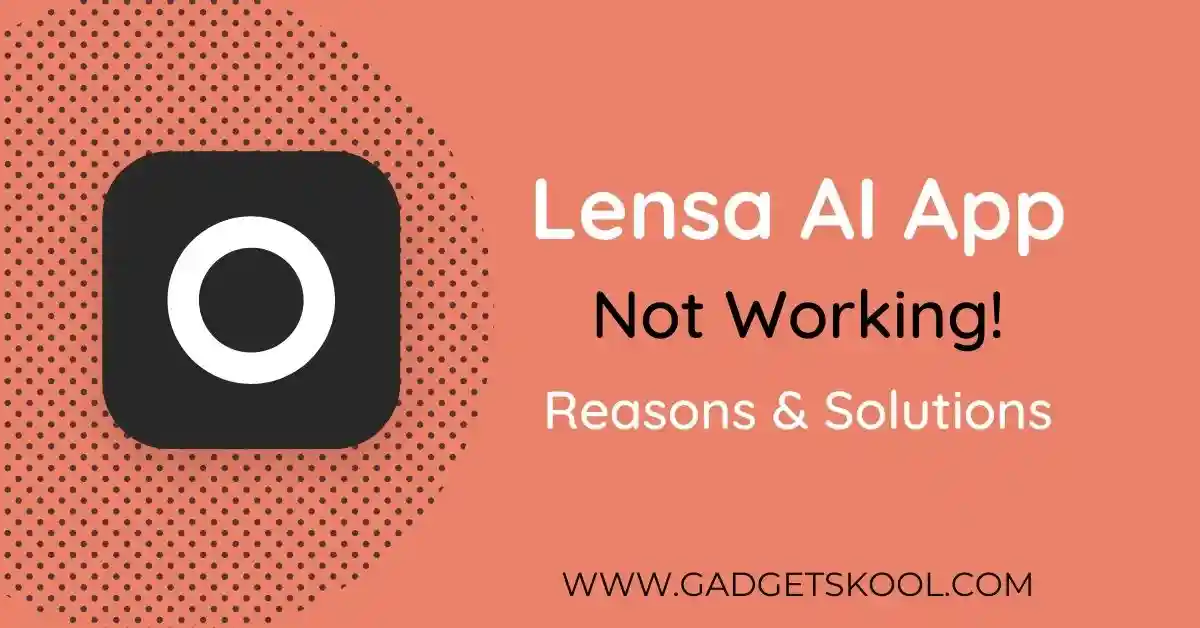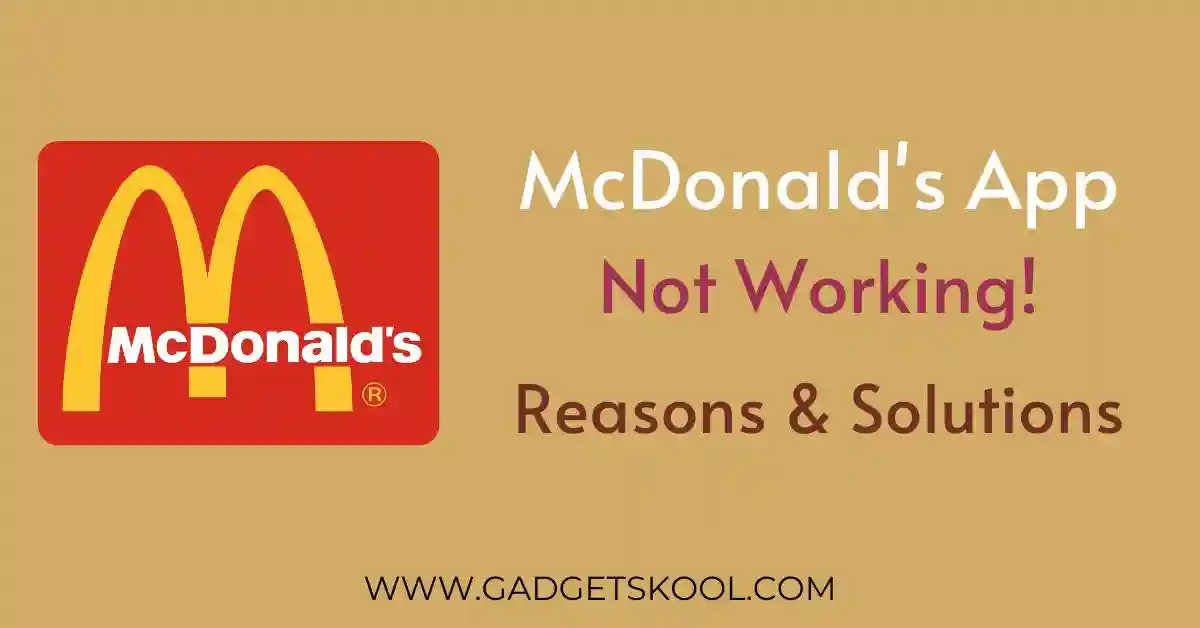There are different types of slang that are popular on the internet. They can be used to express emotions and many other things. The usage of this slang is very helpful at times when you don’t have to use a language that is not understood by everyone.
In this article, we will discuss what is internet slang and find some popular ones, that you might use in your conversations.
Table of Contents
What are internet slangs?
Internet slangs are the new wave of language. They are informal terms that are used in place of more traditional words or phrases. They are often used in online communication, such as in chat rooms or on social media sites.
Many internet slangs have originated from popular cultures, such as television and movies.
Some examples of popular internet slang include “lol” (laugh out loud), “omg” (oh my god), and “brb” (be right back). While some people may find this slang to be annoying, it can actually be quite helpful in communication.
They can help to shorten the amount of time it takes to type out a message. They can also add emotion or emphasis to a statement. Additionally, they can help to create a sense of community among users of the same platform.
Why do you need to use them?
If you’re not using internet slang, you’re not keeping up with the times. Internet slang is constantly evolving to help people communicate more efficiently online. It’s especially helpful in conveying emotions or tones that can be difficult to convey through text alone.
Using internet slang can also help you bond with others online. It’s a way of showing that you’re an Insider who knows the lingo and is in on the joke. So if you’re not using internet slang, you’re missing out on an important part of online communication.
Also Read:
- Best WhatsApp group name ideas for girls
- Best WhatsApp group names for friends & family
- Best Instagram username ideas for a sassy profile(girl)
- Best Roblox display name ideas for Roblox lovers
- Best Instagram usernames for attitude boys
How do different languages adapt to internet slang?
Internet slangs are ever-changing and often specific to certain online communities. They can be helpful in making the text more readable and concise, but they can also be confusing for people who are not part of the community that uses them.
One of the challenges of internet slang is that it is often specific to certain languages. For example, “lulz” is a slang term that is commonly used by English speakers, but it would be difficult for someone who does not speak English to understand what it means.
There are some internet slangs that are used across languages, however. “lol” (laugh out loud) and “omg” (oh my god) are two examples of this. These terms are often used in informal communication, such as text messaging or instant messaging.
While internet slang can be helpful in making the text more concise, it can also make it more difficult to understand.
It is important to use them carefully and only in situations where everyone involved understands their meaning.
How can I translate words into Internet slang?
If you’re not up on the latest internet slang, you might feel like you’re missing out on a secret language.
Slang can be helpful in making your writing more informal or fun. It can also make it easier to express yourself online. But how can you translate words into internet slang?
One way is to use an online translator. There are a few different ones available, you can just enter the word or phrase you want to translate and it will give you a list of options.
Another way to find out what the most popular internet slangs mean is to do a search on Google. Just type in “define: [word or phrase]” and see what comes up.
This can be a quick way to get a general idea of what a slang term means.
Of course, the best way to learn internet slang is to just jump in and start using it yourself. Don’t be afraid to experiment and see what feels natural for you. Soon enough, you’ll be speaking the language like a pro!
Some examples of popular internet slang:
Internet slang is a type of shorthand used in texting and online communications. It includes abbreviations, acronyms, code words, and initialisms.
The following are some examples of popular & most commonly used internet slang:
| Slang Shortcode | Meaning (in real life) |
|---|---|
| LOL | Laugh(ing) out loud |
| OMG | Oh my god! |
| TTYL | Talk to you later |
| IMHO | In my humble opinion |
| FOMO | Fear of missing out |
| ROFL | Rolling On the Floor Laughing |
| BRB | Be Right Back |
| FYI | For Your Information |
| IMO | In My Opinion |
| AFK | Away From Keyboard |
| TBH | To Be Honest |
| YOLO | You Only Live Once |
| IRL | In Real Life |
| SMH | Shaking My Head |
| TIL | Today I Learned |
| TBT | Throwback Thursday |
| NSFW | Not Safe For Work |
| IIRC | If I Remember Correctly |
| AFAIK | As Far As I Know |
| NVM | Never Mind |
| FTFY | Fixed That For You |
| GG | Good Game |
| OTP | One True Pairing |
| BAE | Before Anyone Else |
| IRL | In Real Life |
| BTW | By The Way |
| BFF | Best Friends Forever |
| FTF | Face To Face |
| IDK | I Don’t Know |
| LMAO | Laughing My A*s Off |
| DM | Direct Message |
| FTW | For The Win |
| RN | Right Now |
| TL;DR | Too Long; Didn’t Read |
| WYD | What You Doing? |
| TFW | That Feeling When |
| AMA | Ask Me Anything |
| WTH | What The Heck |
| OOTD | Outfit Of The Day |
| YMMV | Your Mileage May Vary |
| GTG | Got To Go |
| TMI | Too Much Information |
| NBD | No Big Deal |
| LMK | Let Me Know |
| JK | Just Kidding |
| POTUS | President of the United States |
What are internet slangs?
Internet slangs are informal words, phrases, and abbreviations used in online communication to convey messages quickly and concisely.
They have evolved as a way to save time and express emotions, ideas, or reactions in a concise manner.
Why do people use internet slang?
People use internet slang to communicate more efficiently and express themselves in a casual and playful manner.
These slangs have become popular due to their convenience, brevity, and ability to create a sense of community and shared understanding among online users.
Are internet slangs universal or do they vary by region or community?
Internet slang can vary by region, community, or even specific online platforms. While some slang may be widely recognized and used across different communities, others may be more niche or specific to certain online cultures or subcultures.
How do I understand internet slang if I’m not familiar with them?
Understanding internet slang may require some familiarity with popular terms and their meanings. You can keep up with internet slang by observing trends on social media, and online forums, and engaging in online conversations.
There are also online resources and dictionaries dedicated to cataloging and explaining internet slang, you can read those.
Can internet slangs change over time?
Yes, internet slang is constantly evolving. New terms emerge while others may fall out of use as online trends and language patterns change.
Staying updated with the latest internet slang can be a fun way to engage with online communities and stay current with internet culture.
Are internet slangs appropriate for formal or professional communication?
Generally, internet slangs are considered informal and may not be suitable for formal or professional communications.
It’s important to be mindful of the context and the audience when using internet slangs to ensure effective communication and avoid misunderstandings.
Are there any risks associated with using internet slangs?
While internet slangs can enhance online communication, it’s essential to be aware of their potential risks.
Overuse of slangs may lead to miscommunication or exclusion of those who are not familiar with them. It’s important to maintain a balance and use internet slangs judiciously to avoid any unintended negative consequences.
Are there cultural differences in internet slangs?
Yes, there can be cultural differences in internet slangs. Different regions or communities may have their own unique slangs or interpretations of popular terms.
It’s important to be respectful and open-minded when engaging with online communities from different cultural backgrounds to avoid misunderstandings or unintentional offenses.
Can internet slang be offensive or inappropriate?
Some internet slang can be offensive or inappropriate, depending on the context or intended use.
It’s important to exercise caution and sensitivity when using slang to avoid causing offense or perpetuating harmful stereotypes or behaviors.
It’s always best to be mindful and respectful of others when communicating online.
How can I learn more about internet slangs?
To learn more about internet slangs, you can explore online resources, blogs, or dictionaries dedicated to cataloging and explaining popular slangs.
Engaging in online communities and conversations can also provide opportunities to learn and understand new slangs as they emerge.
Final Words:
Internet slang is constantly evolving as new technologies and social platforms emerge. While some people may find them annoying, they can be helpful in understanding the context of certain online conversations.
It’s important to be aware of the most common internet slang terms so that you can participate in online discussions more effectively.
| Visit Home page: 👉 | Click Here |
| Follow us on Instagram: 👉 | Click Here |
| Subscribe on YouTube: 👉 | Click Here |
| Join our (New)Telegram Channel: 👉 | Click Here |
| Connect with us on Twitter: 👉 | Click Here |
✪ Please Bookmark our website to receive the most useful updates, regularly for free. Press (Ctrl+D) now, to Bookmark instantly. @: gadgetskool.com





